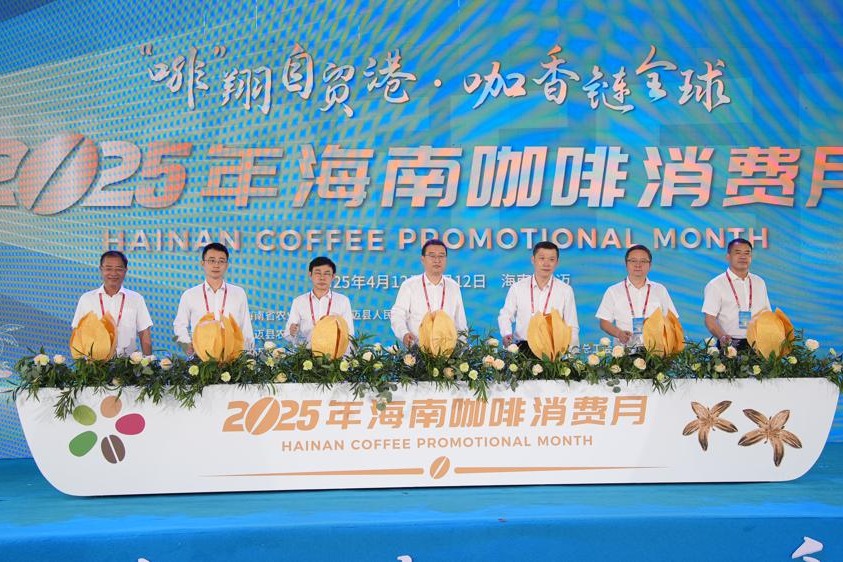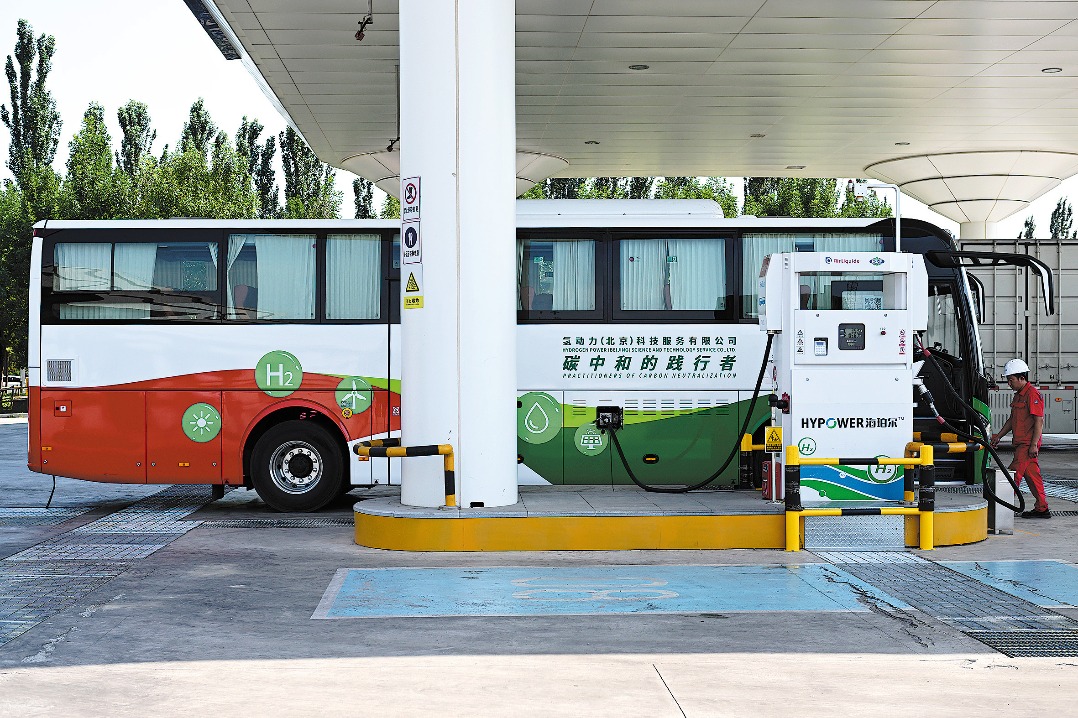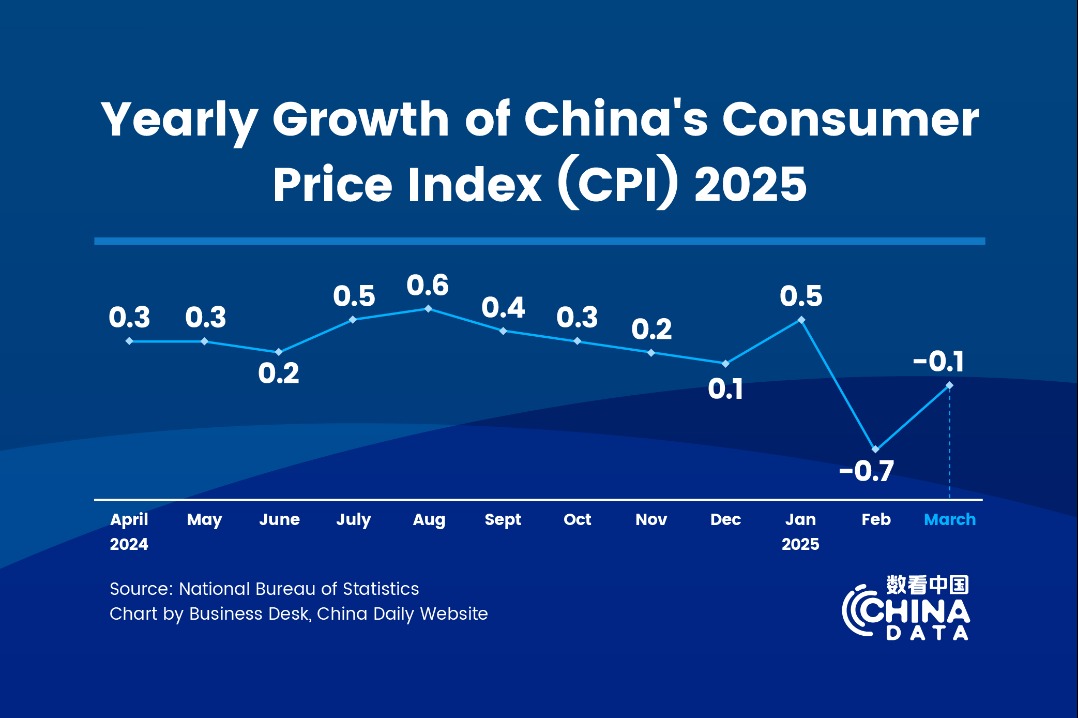Three tasks can deliver high-quality development in 2020


The real estate sector may be one critical area that China's policymakers should closely monitor in the next year to ensure that the country will win the tough battle of forestalling major financial risks.
We should bear in mind that the period from 2018 to 2020 marks a peak of debt redemption faced by Chinese borrowers, which means an adequate supply of funds must be ensured to shield any risks of large-scale defaults and even a financial crisis.
Conditions of the housing market, meanwhile, have significant impacts on the supply of funds and the overall financial situation. Sharp rises and drops in property prices could both be dangerous.
If property prices rise so much that more money floods the real estate sector through trusts and other financial instruments as well as individuals' speculative investments, the sector will strain the supply of funds for other sectors.
On the contrary, if property prices drop too sharply, real estate developers may see weaker solvency and individuals may default on mortgages, let alone other potential chain effects.
Therefore, if property prices can be stabilized so that the real estate sector can tide over any potential financial stress, the world's second-largest economy may face a much easier situation of financial risks in 2020.
Beijing's pre-owned home market seems to be facing a trend where prices remain high but people are reluctant to buy. When I worked at a real estate agency last year to observe the attitude of property sellers and buyers, I found that though property owners asked high prices on agency platforms, they mark the prices down when it finally comes to a deal.
This phenomenon has alerted me to a question: who will pay for the highly priced properties?
Whether or not drops in property prices could be within a tolerable range-that will be a crucial issue in 2020. If property prices fall too quickly, the authorities should postpone policies to curb the property price bubble, such as the real estate tax, to ensure a stable financial situation.
Given the significance of the property sector for financial stability, we can understand the tone-setting annual Central Economic Work Conference's requirement of property sector policies: to stabilize land prices, home prices and market expectations, and carry out policy adjustments based on each city's actual market condition.
Another important precondition for adequate supply of funds in 2020 is a stable stock market, which in turn entails a better rule of law in the market. Given the current speed of law-based reforms, China's A-share market may welcome an inflection point, or upside potential, in 2020.
The stock market matters in terms of guaranteeing supply of funds because many listed companies have outstanding loans using their stocks as collateral. This means that, on deep stock price declines, listed firms may be forced to sell their stocks to redeem the loans, which will constrain funds available for normal uses.
To prevent such risks associated with stock price plunges, regulators should promote improvements in fundamentals and governance of listed firms, reduce administrative controls, and encourage more mid-to long-term funds such as those from insurers and the social security system to enter the market.
The Central Economic Work Conference called for efforts to improve fundamental institutions governing the capital markets and to improve the quality of listed companies, as well as to complete delisting mechanisms, which will get more low-quality listed firms out of the market.
From the perspective of economic growth, a slowdown in the property sector also mirrors the contraction of old engines of China's economy. I expect that 2020 will still be a key year of economic restructuring, so it is necessary to boost emerging industries, to counter downward pressure from weaker old engines.
Besides the real estate sector, traditional manufacturing sectors such as auto and construction may continue to see contraction and adjustments in 2020.
Meanwhile, strategic emerging industries such as new energy and new materials, the services sector, and modern manufacturing industries such as aircraft and high-speed train manufacturing will strengthen their role of new growth engines in the next year. We need to promote development and even breakthroughs in all the three sectors to maintain a reasonable economic growth.
Also, it is necessary to speed up optimizing the business environment and continue reducing taxes and fees charged on enterprises, to re-vitalize enterprises by reducing all kinds of burdens on them.
Based on our estimations, the government has cut 1.5 trillion yuan ($214 billion) worth of value-added tax and 500 billion yuan worth of fees on enterprises in total for 2020. This could ease the pressure of rising costs on many businesses.
But more could be done. I suggest that the government continue the tax cut campaign in 2020 by reducing number of the value-added tax brackets from three to two.
I would argue that downward pressure in 2020 will mainly arise from domestic factors, especially restructuring, while the trade friction with the United States may exert a weaker negative impact on the Chinese economy.
This is not only because that the two countries have agreed on the text to the much-anticipated phase one trade deal, but because that a large portion of impacts of the trade friction on the Chinese economy has been digested.
In the longer run, external uncertainties may remain, but this should not obstruct China's pace toward a steady and quality development if the three tasks discussed below could be completed.
First, the country should strengthen its advantages of manufacturing and large-scale market by addressing weak links in its manufacturing sector and opening its markets of production resources, services and investments.
Second, China needs to further facilitate technological innovation and motivate more people to engage in innovation.
Third, a more comprehensive trade and investment system, including better financial and legal frameworks, is needed to serve the Belt and Road Initiative.
The writer is a HongHai Chair Professor at the School of Economics and Management, Tsinghua University, and a winner of the China Economic Theory Innovation Award for 2019.




































